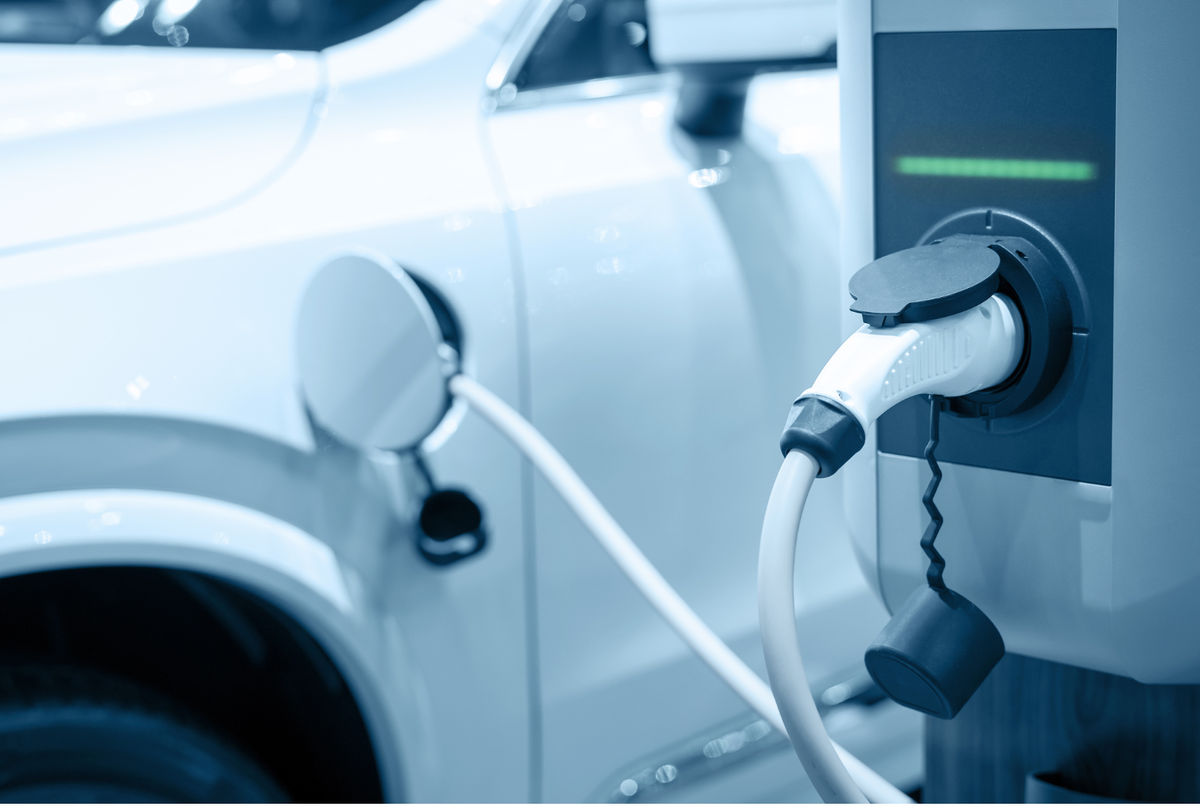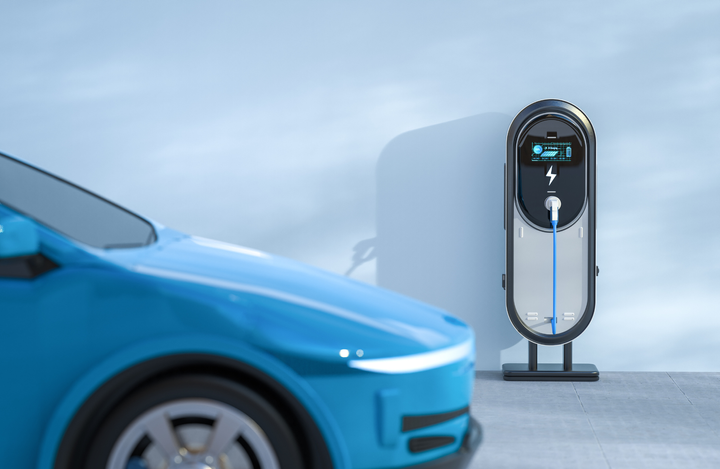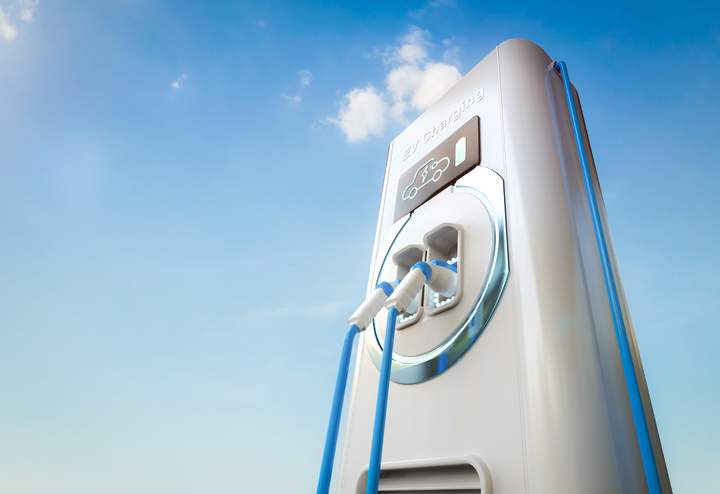EU and China Prepare for High-Stakes Talks on Electric Vehicle Tariffs

The European Union and China are set to engage in crucial discussions concerning the EU's proposed tariffs on electric vehicles (EVs), a move that has stirred significant tensions between the two economic giants. This development comes as the EU intensifies its efforts to protect its automotive industry from what it perceives as unfair competition from Chinese manufacturers.
The European Commission has initiated an investigation into the subsidies provided by Beijing to Chinese EV producers, alleging that these subsidies enable Chinese companies to sell vehicles at artificially low prices in the European market. This, the EU claims, undermines its own automotive sector, which is struggling to compete on a level playing field.
The proposed tariffs have sparked a robust response from China. Beijing has expressed strong opposition, warning that such measures could escalate into a trade war, harming both economies. Chinese officials argue that the subsidies are in line with international trade rules and that the EU's actions are protectionist in nature.
Valdis Dombrovskis, the European Commissioner for Trade, emphasized the EU's commitment to fair competition and the need to address any market distortions. "We are open to dialogue but also prepared to take necessary actions to protect our industry," he stated ahead of the talks.
Chinese Premier Li Qiang, during a recent economic forum, called for cooperation and dialogue, highlighting the importance of the EU-China relationship in maintaining global economic stability. "China remains committed to resolving trade disputes through constructive dialogue," he affirmed.
The stakes are high as the outcome of these talks could significantly impact the global EV market. European carmakers such as Volkswagen and Renault are watching closely, concerned about the potential competitive disadvantages they might face if Chinese EVs continue to flood the market at lower prices.
Analysts predict that the discussions will be complex, given the broader context of EU-China trade relations, which have been strained by issues ranging from human rights to technology transfer policies. Both sides are expected to seek a balance that protects their economic interests without triggering broader trade conflicts.
The EU aims to finalize its decision on the tariffs by the end of the year, making the upcoming negotiations critical in shaping the future of EU-China economic ties and the global electric vehicle industry.




